Take a media training class from the team who used to be the media.
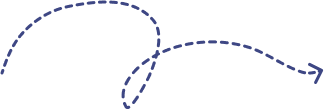
Master media interviews with training from veteran journalists.
Real News Public Relations‘ media training services help professionals better understand the media, what drives reporters, and how to use your communications skills to nail the interview every time. Located in Dallas, Texas, we offer media training in person, as well as virtual/remote through Zoom.
Whether you’re being interviewed on TV, in print, or on the radio, one thing is certain: it’s not the reporter’s questions that make a story newsworthy, it’s your answers.
Our media trainers are former journalists that will train you on messaging and techniques to ace your media interview and deliver your message every time.
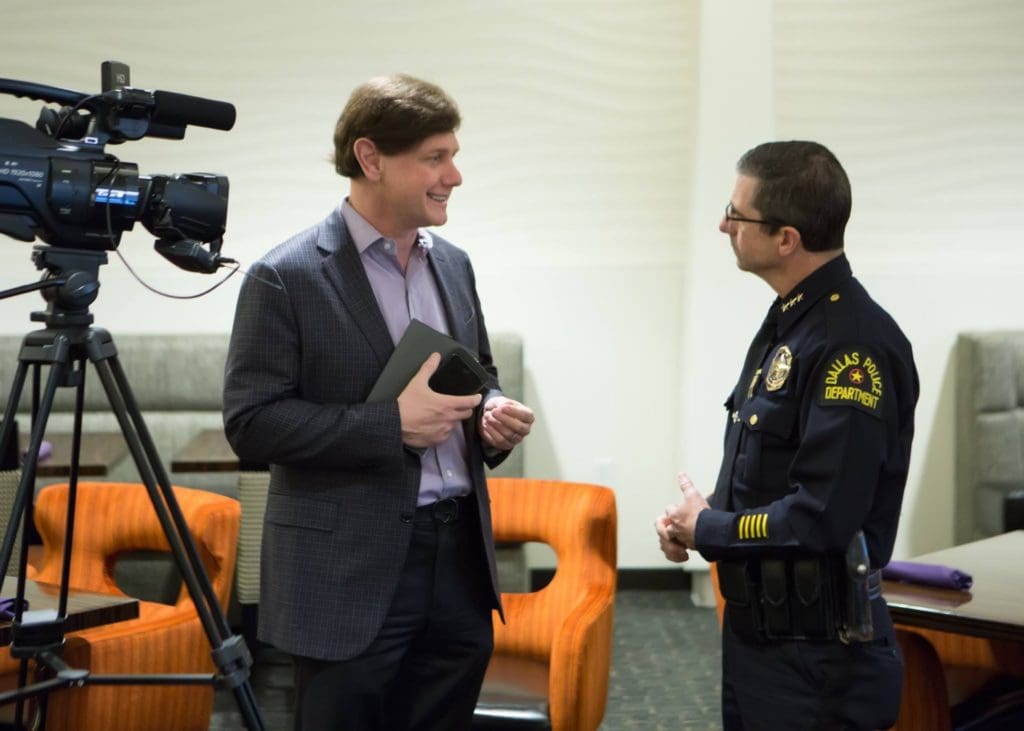
Learn the Secrets of Nailing Every Interview
Learn to master your next interview directly from the team who has been on both sides of the camera with our suite of media training services.
Master Media Appearances With Our Comprehensive Training Workshops
Learn the secrets of captivating your audience and handling media like a pro. Our workshops are designed to give you the insider’s edge—whether you’re facing a camera, a crowd, or a critical interviewer.
In our hands-on workshops, you’ll master:
- Identify and Engage Your Target Audiences: Tailor your message for maximum impact
- Command the Screen: Master Body Language and Intonation for compelling TV appearances
- Craft Compelling Narratives: Develop your public speaking skills and learn how to tell a story that resonates
- Stir Emotions and Inspire Action: Learn how to use your media appearances to evoke emotion and inspire your audience to take action.
- Be the Star of Any Interview: Whether it’s TV, radio, or print, learn how to steer interviews to showcase your best self.
- Crack the Journalist Code: Gain an inside understanding of what journalists look for and how to make your story irresistible.
- Time Your News for Maximum Exposure: Learn the optimal times and conditions for sending out press releases to capture the media’s attention.
- Deliver Memorable Soundbites: Create succinct and powerful statements that journalists will want to quote.
- Navigate Tough Topics: Learn bridging techniques to gracefully transition away from tricky subjects and back to your message.
- Turn the Tables on Tough Questions: Master the art of providing thoughtful answers to difficult questions, turning potential pitfalls into opportunities.
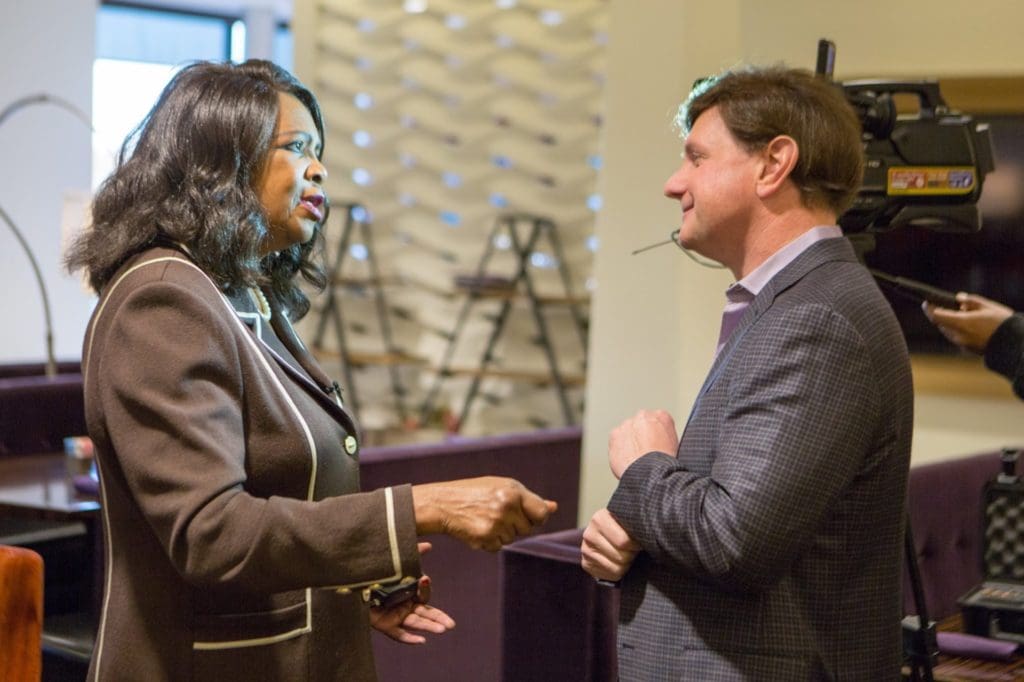
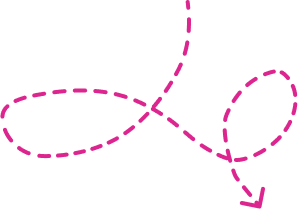
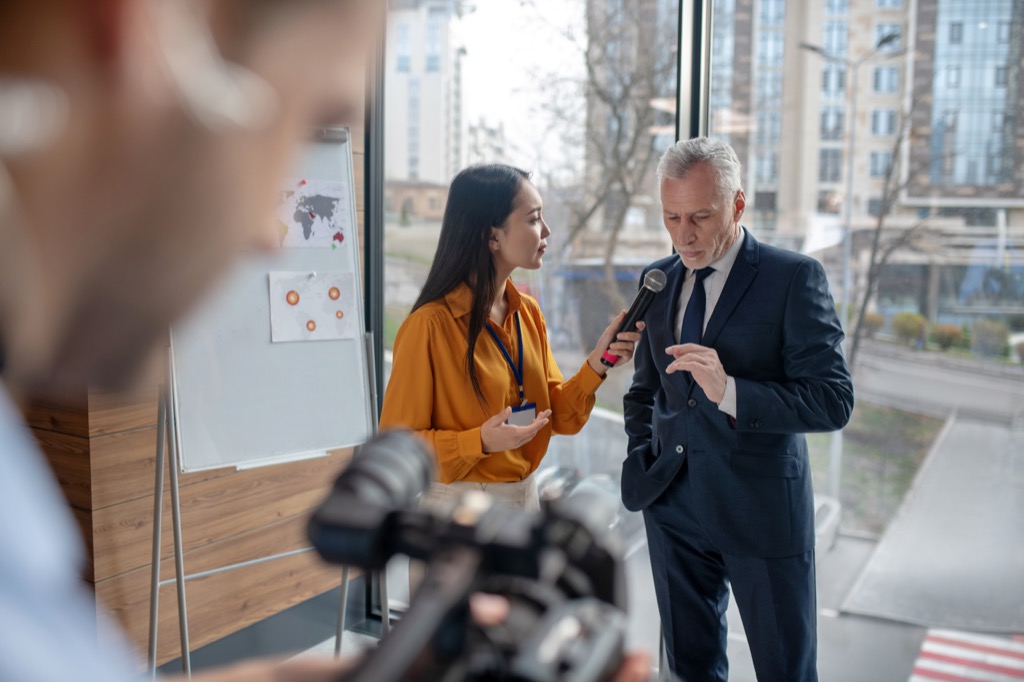
Unlock Your Full Media Potential with Guidance from Our Expert Coaches
- Strategize for Success: Learn how to set specific, actionable goals for each interview to maximize your impact
- Master the Art of Non-Verbal Communication: Hone your body language skills to exude confidence and authenticity in every appearance.
- Maintain Message Clarity: Learn techniques to keep your core message front and center throughout your interviews.
- Control the Conversation: Master the art of ‘bridging’ to keep interviews on topic, even when faced with curveball questions.
- Be Unforgettable: Craft soundbites and takeaways that leave a lasting impression, ensuring you’re remembered the way you want to be.
- Be Versatile Across Media Channels: Customize your approach for phone, TV, and print interviews to be effective in any medium.
- Phone interviews – Be Clear and Concise: Learn tips to make every word count
- TV interviews – Be Visually and Verbally Compelling: Master the unique demands of on-camera appearances, and
- Print interviews – Be Quotable: Learn how to give interviews that result in memorable quotes and headlines.

Media Interview Training – Interactive Workshop & Coaching Overview
Presentation
Participants will be provided with techniques, guidelines, and actual systems for each aspect of an effective on-camera media appearance.
Key Takeaways
The focus will be on best practices for preparation, bridging techniques, answering tough questions, on-camera delivery and emotional messaging.
Practice Interviews
Participants will engage in recorded on-camera appearances. If desired, participants can take part in a mock presentation with their peers playing the role of the audience. Constructive critiques will be offered throughout the experience.
Live Feedback & Q&A
Participants will have the opportunity to watch their appearance on camera and will receive a precise review of their strengths, weaknesses, and, most importantly, step-by-step instructions on how to solve their specific problems.
Example Media Training Class Agenda
Join us for a professional media training class, expertly led by Jeff, designed to equip you with the essential skills needed for effective media communication. Whether you’re a seasoned spokesperson or looking to improve your media presence, this workshop is tailored to propel you to excellence.
Our trainings tend to be highly customized to the needs of our clients. For an example of what our full-day workshops may look like, as well as topics covered, see the table below:
| Time | Training Topic |
|---|---|
| 9:30 AM | Briefing on messages, body language, eye contact, bridging techniques and possible sound bites. Jeff will show videos of good and bad interviews. |
| 10:30 AM | Trainees are provided with an interview scenario, as well as likely questions and answers for the interview. |
| 10:45 AM | Interviews are conducted exactly as they would be in real life, using broadcast quality camera, lights and sound equipment. |
| 11:30 AM | Interviews are played back with attention to pauses, eye contact, tone, body language, use of sound bites and ability to bridge back to the talking points. Coachable moments are discussed. |
| NOON | Break for lunch |
| 1:00 PM | More trainees are interviewed. We can use the same scenario. The video is played back with attention to the same verbal and nonverbal issues. Coaching moments are discussed. |
| 2:00 PM | Attendees are given a crisis scenario that has risen to the level of a full scale press conference. |
| 3:00 PM | Jeff briefs teams on the art of handling difficult questions, managing interview dynamics, and navigating an interview without saying anything that would create troubles for the legal team. Attendees participate in a press conference in which one or more spokespeople are designated and the attendees become the reporters. |
| 3:15 PM | Mock press conference begins. |
| 3:30 PM | The video is played back with attention to both verbal and nonverbal communications, ability to stay on message and not say anything that would get anyone in trouble with the corporate legal team. |
| 4:00 PM | Discussion, review, questions and feedback. |
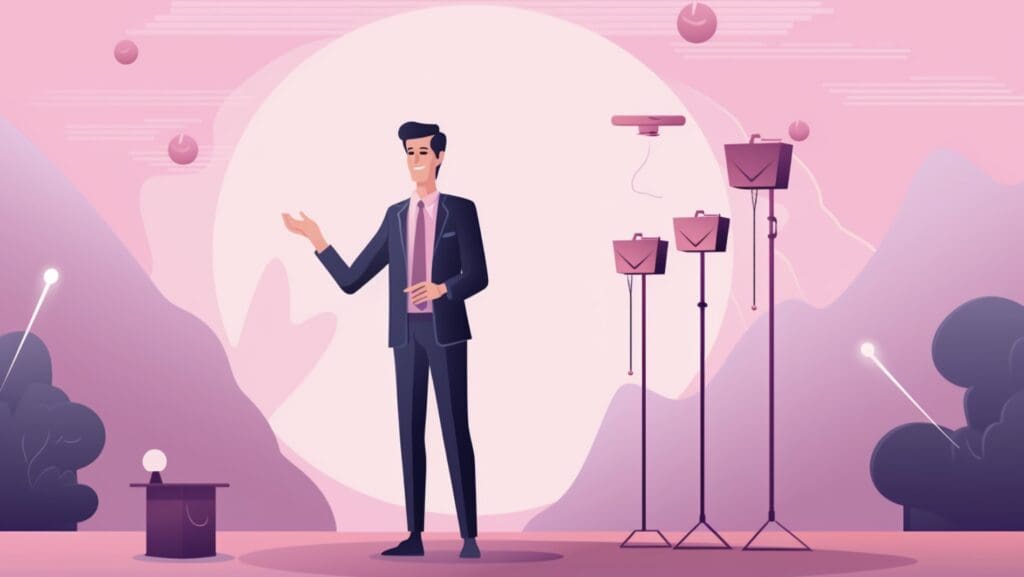
Spokesperson and Executive Training
We provide a robust approach to spokesperson training, focusing on the substance of communication – delivering key messages, exuding authority, and establishing a credible presence, verbal or non-verbal, which can span from hand gestures to sartorial choices.
A spokesperson’s role, worth, and obligations within the firm are essential elements of the training, designed to empower them for assertive media interactions. The course also enhances confidence in group communication settings, small or large.
Our method possesses an ethos of positivity, inclusivity, and preparation for even the most contentious, demanding interview scenarios.
Spokesperson Training Sessions
We aim to foster confidence, establish the foundation for successful media engagement, and achieve the desired targets of media interaction. Implementing mock interviews, feedback exercises, and guidance on demeanor and body language are integral to our courses.
Key Elements of Focus:
- Interview prepping, on-air and off-air
- Understanding the news cycle and media landscape
- Developing comprehensive responses to challenging questions
Meet Your Instructor
Jeff Crilley is the founder of the Real News PR, the country’s first “all journalist” PR and crisis communications firm.
Prior to starting his firm, he had a successful career as a TV journalist, appearing on major news networks such as CNN and FOX News, as well as on shows such as Good Morning America and The CBS Early Show.
He was recognized for his work with numerous awards, including an Emmy and the Edward R. Murrow Award. In 2004, he was named “The Best TV Reporter in the state” by the Texas Associated Press.
Today, Jeff uses his expertise to run one of Dallas’ largest PR firms and to coach professionals on how to become better interviewers.
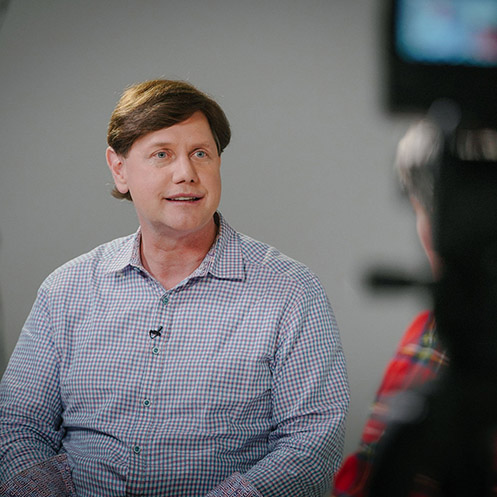
Why Real News PR?
“We have been working with Real News PR for a little over two years, and our experience has been fantastic. The media attention and PR spots Real News has facilitated continue to improve our brand awareness and increase the speed to trust for our organization. If your company is looking for quality exposure, Real News is the PR firm for you!”
Jennifer P.
Chief of Staff of Tech Company & Real News PR Client
Frequently Asked Questions
Media training is a service that helps professionals understand the media, what drives reporters, and how to use this understanding to excel in interviews. Whether on TV, in print, or on the radio, it focuses on delivering the right answers to make a story newsworthy and always look your best.
Media training is important because it equips individuals with the understanding and confidence necessary to deliver great interviews when it matters the most. By practicing your interview skills and understanding how reporters operate, participants can shine in their interviews and make their story newsworthy through compelling answers, not just the questions asked.
A media training workshop can be beneficial for anyone who needs to communicate with the media or the public as part of their job or role. This could include politicians, public relations professionals, business executives, spokespeople, and other individuals who are often in the public eye.
Our spokesperson training focuses on the essence of communication, ensuring that spokespeople deliver key messages, exude authority, and establish a credible presence. This includes verbal communication as well as non-verbal cues, such as hand gestures and attire.
A media training workshop typically covers a range of topics designed to help participants improve their communication skills. These could include preparing for interviews, crafting effective messages, using body language and nonverbal communication, and dealing with difficult questions or situations.
The length of our trainings can vary depending on the specific program and the needs of the participants. Some workshops may last a few hours, while others may be full-day or multi-day programs.
Not necessarily. Our workshops are beneficial for individuals at all levels of experience, whether they are seasoned professionals or new to dealing with the news media. The workshop can provide valuable skills and knowledge that can help participants improve their communication skills and confidence when dealing with the media.
There are no specific prerequisites for attending our media training workshop. However, participants may benefit from having some basic knowledge of public speaking and communication, as well as a general understanding of the media and how it works.
To sign up for a media training workshop, you can contact us today. We will provide you with more information about the program, including the schedule, location, and cost.
Yes, there are many resources available that can help you improve your interview skills. These could include books, online courses, or training programs offered by professional organizations. You can also seek out advice and guidance from experienced media trainers or communication experts.
Participants of the Half-Day Corporate Workshop have access to a range of consultative support services provided by Jeff and Laura from our team. These services include Quick Prep Sessions, which offer thorough preparation for upcoming interviews by reviewing relevant information, providing an overview of the media outlet and interviewer, and discussing key talking points. Additionally, Practice and Polish Sessions are available to help participants refine their interviewing skills and responses to ensure they appear natural and not rehearsed. For high-profile and potentially challenging interviews, High Stakes Training Sessions focus on intensive preparation through role-play scenarios and issues anticipation, particularly for critical situations such as crisis management or controversial issues.
Companies can enhance their media relations and crisis communications efforts by proactively planning for a variety of potential challenges. It is crucial for organizations to identify the types of crises and situations that may arise, including allegations of misconduct, financial distress, cybersecurity breaches, natural disasters, protests, and more. By anticipating these issues, companies can develop comprehensive crisis management plans that outline strategies for effectively addressing and communicating during times of crisis.
In addition to crisis planning, companies should prioritize building strong relationships with the media and key stakeholders. This involves maintaining open lines of communication, being transparent in all interactions, and establishing a positive reputation for the organization. By consistently engaging with the media and stakeholders, companies can cultivate trust and credibility, which are essential during times of crisis.
We also emphasize the importance of monitoring public opinion and leveraging media channels to shape the narrative surrounding the company. By actively managing media coverage and public perceptions, organizations can mitigate reputational damage and maintain control of their messaging during challenging situations. This proactive approach to media relations and crisis communications can help companies navigate crises more effectively and protect their brand image in the long term.
Our Media Training Concierge Service encompasses several key offerings to enhance your company’s spokespersons and media presence. These services include a comprehensive half-day training session, individual break-out sessions coupled with thorough debriefings as part of the Empowerment Program, unlimited virtual media training support for your spokespersons, and personalized one-on-one media training sessions for new spokespersons brought on board during the service contract period.
In addition to providing media training services, Real News PR offers a wide range of other services to its clients. These services include content marketing, corporate communications, issue and crisis management, product launches, media relations, social media marketing and PR, employee engagement, reputation management, books as marketing tools, strategic brand positioning and messaging, thought leadership, and executive visibility. By offering this comprehensive array of services, we aim to help clients effectively communicate with their target audiences, manage their brand reputation, and establish themselves as leaders in their industries.